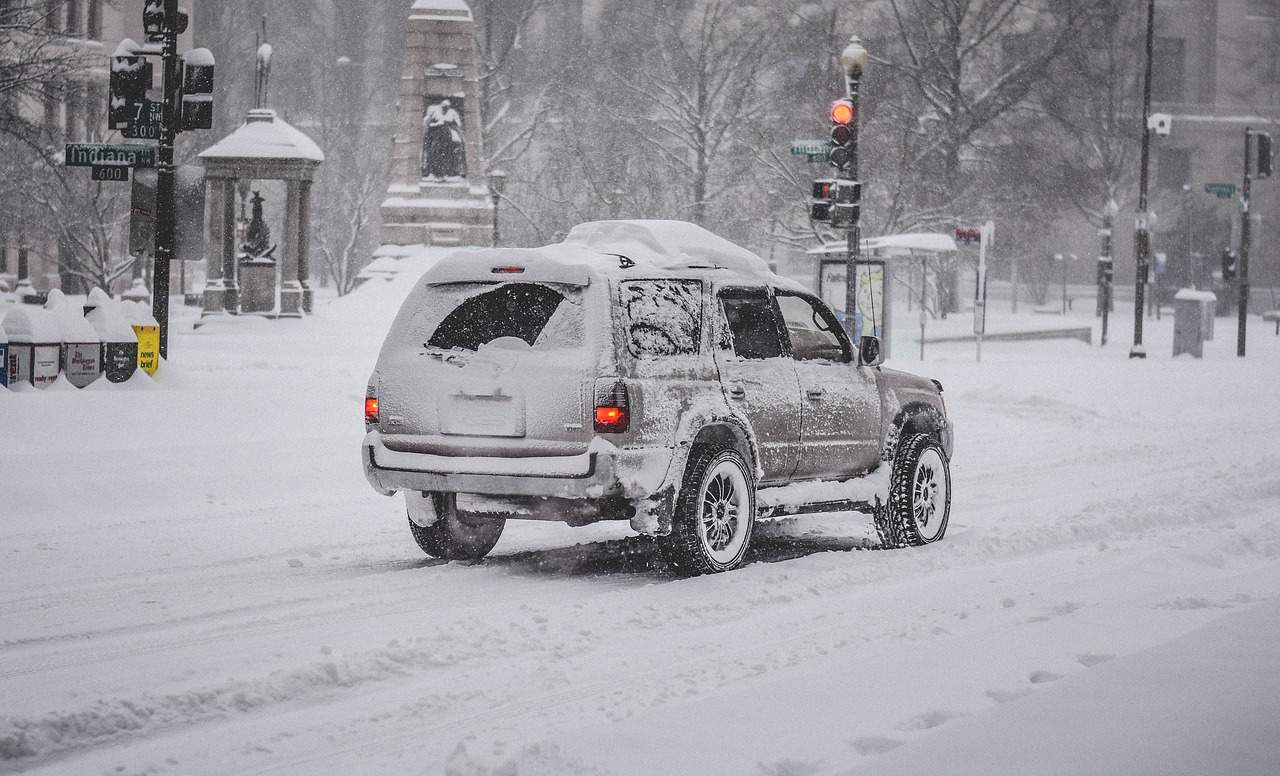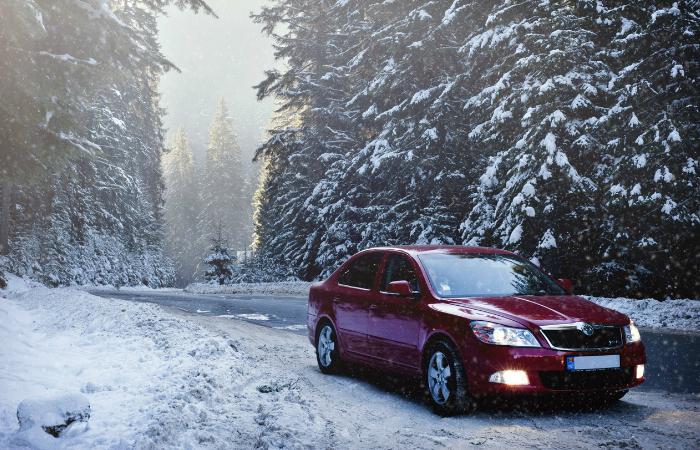What temperature does gasoline freeze? Every car owner, especially those who live somewhere in freezing temperature, has probably thought of it. In fact, there is no specific freezing point of gasoline, unlike water or other liquids, because it is a mixture of many different elements.
Will it never be frozen? Yes, it will but it does not happen like other regular liquid substances. If you are living somewhere chilly cold, you should know every detail of when does gasoline freeze to keep your car in a healthy condition.
What Temperature Does Gasoline Freezen At?
The weather has to get extremely cold—somewhere between -40°C and -200°C—to make the gasoline freeze. There is actually a slim chance of facing a frozen gas tank in the morning. In the regions where the weather turns icy cold from time to time, you will find gasoline with special additives to prevent from freezing.

SEE MORE
But, can gas freeze in your car when the temperature does not go beyond -40 degrees? The gas tank is unlikely to be frosted but gas in the fuel lines is not out of risk. The fuel lines are metallic, small, and narrow—perfect conditions for the liquid to cool down and freeze.
Gasoline is made of hundreds of hydrocarbons and additives. Some of the common elements are ethanol, hexane, toluene, and heptane. Depending on the climate of a region, it could also contain pentane and butane. These substances have their own freezing points. When the temperature gets pretty low, some of these substances start to coagulate or crystallize. Even if the gasoline does not transform into a solid state, the thicken liquid will hamper the natural flow of the fuel.
The fuel filter will sieve most of these hardened materials but it can get clogged up if it goes for a long time. You have to bring the fuel to normal temperature before it completely blocks the filter. When it happens, the vehicle starts cutting out or sputtering but it will go away once the engine warms up.
The Problems Of Thickened Gasoline
So you know at what temperature does gasoline freeze and it is not a major problem to be worried about. But, even if the freezing temp of gasoline is not an issue, cold temperatures can affect a low gas tank. The problems that you can exclusively face are:

- The gasoline could transform into a gel-like substance. This happens because cold temperatures break down the oil by separating its components. For this reason, heavier elements like paraffin wax may freeze and thicken the gasoline.
- Water vapor or condensation in the fuel lines or tank can freeze in low temperature. Normally, the alcohol in the oil absorbs extra water but the frozen water can create engine troubles where there is not enough alcohol in the mix.
- Low temperatures are threatening when the oil level in the tank is low. Driving with a less than half-filled tank in extremely cold weather will soon ruin the fuel pump.



